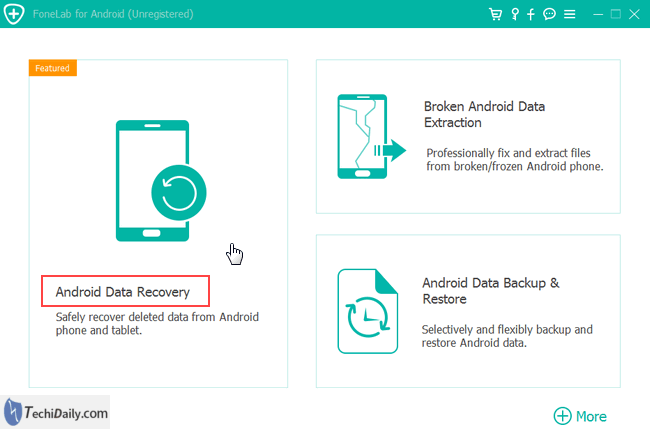
How to recover old call logs from your Find N3?


Don’t worry! You can easily recover deleted call history from computer before it is overwritten by other data. First download a easy-to-use data file recovery utility to restore your deleted call logs from Oppo Find N3.
Android Data Recovery is the World’s best data recovery software for Oppo Find N3 that you can directly recover call logs, music, SMS, contacts, photos, and more.
- Automatically scan your Oppo Find N3 device after connected to the PC
- Recover sent and received lost files, and export in HTML to PC for easy reading and printing
- Regain call history lost due to deleting, restoring factory settings, flashing ROM, rooting, etc., from SD cards inside Oppo Find N3 devices
- Support multiple Android phones and tablets, like Xiaomi, OPPO, Samsung, HTC, LG, Motorola, and so forth.
- Part 1: Recovering call logs(history) from your Oppo Find N3 (on macOS)
- Part 2: Recovering call logs(history) from your Oppo Find N3 (on Windows)
Step 1: Download and launch the Android Data Recovery on Mac
Download and install the Android Data Recovery on your Mac computer, when you open it, a dialog box will pop up to remind you whether to register, purchase or free try.

Step 2: Connection
Run this powerful Android data recovering software on your Mac computer, and then connect your Oppo Find N3 device to computer via the USB cable. The program will detect your device automatically.
Step 3: Enable USB debugging.
Android Data Recovery will prompt you to enable USB debugging on your Oppo Find N3, if you don’t open the debugging mode. The program will detect the version of your Oppo Find N3 automatically and give you the instruction of opening the USB debugging mode on your Oppo Find N3. After finishing the operations on your device, click “OK” button.
Step 4: Select the call logs you want to recover.
After connection, all file types on your Oppo Find N3 will be showed in the interface. Choose the file types you want to recover, such as contacts, messages, messages attachments, call logs, photos, gallery, picture library, videos, audios and other documents. Check the file types you want to recover and click Next. The program will scan your device automatically.
Step 5: click “Recover” button to complete recovering Oppo Find N3’s call logs
When the scanning is finished, all types of files will be listed in categories on the left control. You are allowed to check the detailed information of each data. Preview and select the data you want to recover, and then click “Recover” button to complete recovering process.
Step 1: Download and launch the Android Data Recovery
Download and install the Android Data Recovery on your Windows computer.
Step 2: Connection
Connect your Oppo Find N3 device to your Windows computer via the USB cable. Wait for seconds before the device is detected. Install the device driver on your computer if it hasn’t been installed.
Step 3: Enable USB debugging.
Allow USB debugging when your Android prompts you of USB debugging permission. After finishing the operations on your Oppo Find N3 device, click “OK” button.
Step 4: Preview and recover the Oppo Find N3’s lost call logs.
Soon, all Android available files will be classified into category on the left. You can toggle the button of “Only display the deleted item(s)” to “On”, so that you can quickly find the wanted Android file. Click “Recover” button and choose a destination folder to recover files. Within seconds, you can navigate to the file folder and check your deleted files from Oppo Find N3.
You can recover calls in bulk or if you want to just select specific files to restore, you can easily do it. Aside from bringing back all information you lost, Android Data Recovery has the capability to make repairs on your Oppo Find N3's system.
- Title: How to recover old call logs from your Find N3?
- Author: Nova
- Created at : 2024-08-20 19:47:52
- Updated at : 2024-08-21 19:47:52
- Link: https://blog-min.techidaily.com/how-to-recover-old-call-logs-from-your-find-n3-by-fonelab-android-recover-call-logs/
- License: This work is licensed under CC BY-NC-SA 4.0.
